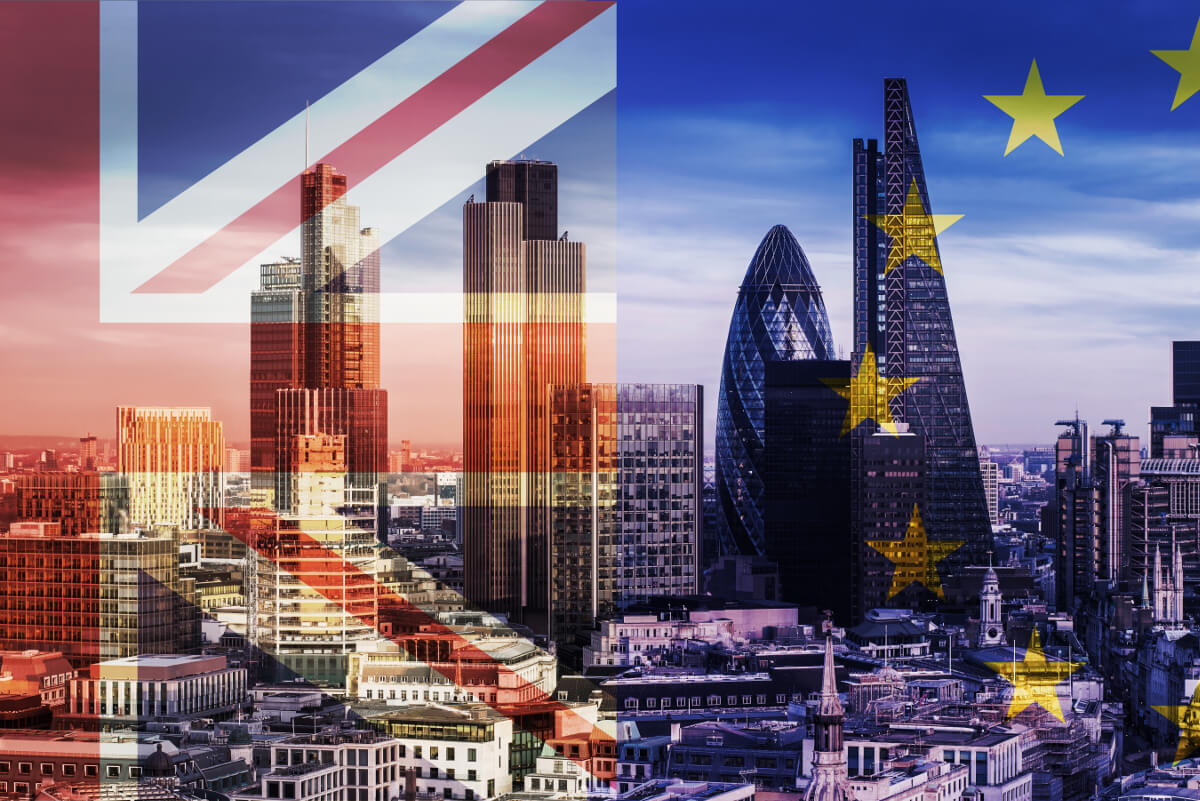These days, as a German or rather a European, when I hear the acronym the UK, I automatically associate it with another word – the neologism Brexit. However, I remember a time when the word ‘Britain’ used to evoke other images: London, the buzzing capital of global finance and political power. Surely, New York had always been a serious competition to the city in my imaginary world map of big money and important decisions. But London with its magical charm of the old world eventually put it back at the first place.
What happened to my perception?
Well, things changed when it became difficult to open European newspapers without stumbling over at least one article about the possible Brexit and its consequences for the UK, Europe and even the whole world. The same thing is happening on Facebook and LinkedIn, basically in the social media too. Being overwhelmed by this media coverage, it is easy to forget that the UK is still one of the biggest and most influential, financial and political powerhouses in the world. Of course, being important today doesn’t guarantee a country to remain important tomorrow as well. Big empires have faded into insignificance in the face of big changes. For example, the political and economic changes that caused the fall of Soviet Russia.
Let’s take a brief look at the British financial service industry
There is no doubt that the financial service industry is an important sector in the British economy. The UK exported financial services amounting to a surplus of £71 billion alone in 2013 (the latest year, for which data is available), giving jobs to approximately 343,600 skilled employees in the financial sector. The British Government department – UK Trade & Investment (UKTI) – estimates that the country accounts for 40 per cent of all global foreign exchange trading. Britain also has to be regarded as an important trading centre, which opens the door for other European countries to China, considering that more than two-thirds of the RMB payments outside China and Hong Kong take place in London. To claim that this entire cake (payments) would be at stake, if the UK decided to leave the European Union, is an exaggeration. However, some pieces of it are at stake indeed. We are talking about the exports of financial services to the European Union, which in 2013 amounted to £19.4 billion.
What is the thread – is there a threat?
One of the most discussed, potential disadvantages, in the eventuality of Brexit, is the danger of losing its ‘passporting rights’. Travelers find it irritating to show their passports while passing through the UK to mainland Europe, but this is not what the discussion is about. The so-called ‘passporting rights’ grant Britain-based financial institutions the right to sell their services to the rest of the Europe Union without having to set up a branch over there and vice versa. The monetary value of these ‘passporting rights’ is difficult to assess. We will, therefore, consider an example instead. Although being European, Swiss Banks don’t have ‘passporting rights’, as Switzerland is neither part of the European Union nor the European Economic Area. It is a remarkable fact that Swiss Banks have been outperforming British banks over the past 15 years in global exports. However, their exports to the European Union have been comparatively low. Since the UK exports a huge proportion of its financial services to the European Union (more than double its exports to the US and four times more to China), gambling with these ‘passporting rights’ would put the highest possible stakes in jeopardy.
Two ways for the UK to keep ‘passporting rights’
There are two possible ways for the UK to preserve its passporting rights. The easier one is to simply remain in the European Union. The second one is to leave the European Union but remain in the European Economic Area. However, the second option comes with several conditions. The stringent among them would be to adapt European regulations. Basically, the same situation the UK is facing at present. However, it would lose its privilege of negotiating on these regulations while being in the EU. After all, the UK proved its non-negligible influence on European policies in financial matters. This was proven, for example, when the UK stopped the introduction of the financial transaction tax across the European Union, which had been promoted by the core Euro-zone economies in 2012. Hence, leaving the European Union but staying in the European Economic Area, doesn’t seem to favor the UK in any way.









